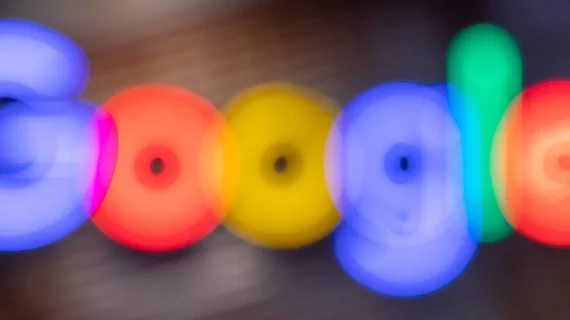Google teams with Bayer to address radiologist burnout via AI
Google is teaming with Bayer in a bid to address radiologist burnout with artificial intelligence, the two announced Tuesday.
Under terms of the collaborative agreement, Bayer will further develop its platform for deploying AI-powered healthcare applications. The Berlin-based imaging vendor will use Google Cloud technology for this work, including generative AI, with a “clear focus on radiology.”
“Radiologists and other clinicians face burnout due to the sheer volume of work they face every day. Gen AI can help tackle repetitive tasks and provide insights into massive datasets, saving valuable time and helping to positively impact patient outcomes," Thomas Kurian, CEO of Google Cloud, said April 9. "We look forward to our continued collaboration with Bayer as it shapes the future of diagnostics and helps its customers deliver insights to patients with greater accuracy and speed."
The goal of the collaboration is to help others overcome the many challenges of “building scalable and compliant AI-powered medical imaging software.” Currently, medical imaging accounts for about 90% of all healthcare data, the two companies noted. With billions of images scanned each year, radiologists’ workload continues to escalate, increasing the need for AI assistance.
Bayer’s platform is built on Google Cloud and is designed to bring imaging AI to market faster and more cost effectively, the two noted. The first version is currently in extended testing with plans to make it available later this year in Europe and the U.S.
“The pairing of Bayer's deep radiology, healthcare regulatory, and clinical data handling expertise with Google's technology leadership in gen AI and other fields has the potential to significantly impact the healthcare ecosystem, by improving patient outcomes, reducing costs and accelerating the pace of innovation,” the two companies said in the announcement.

